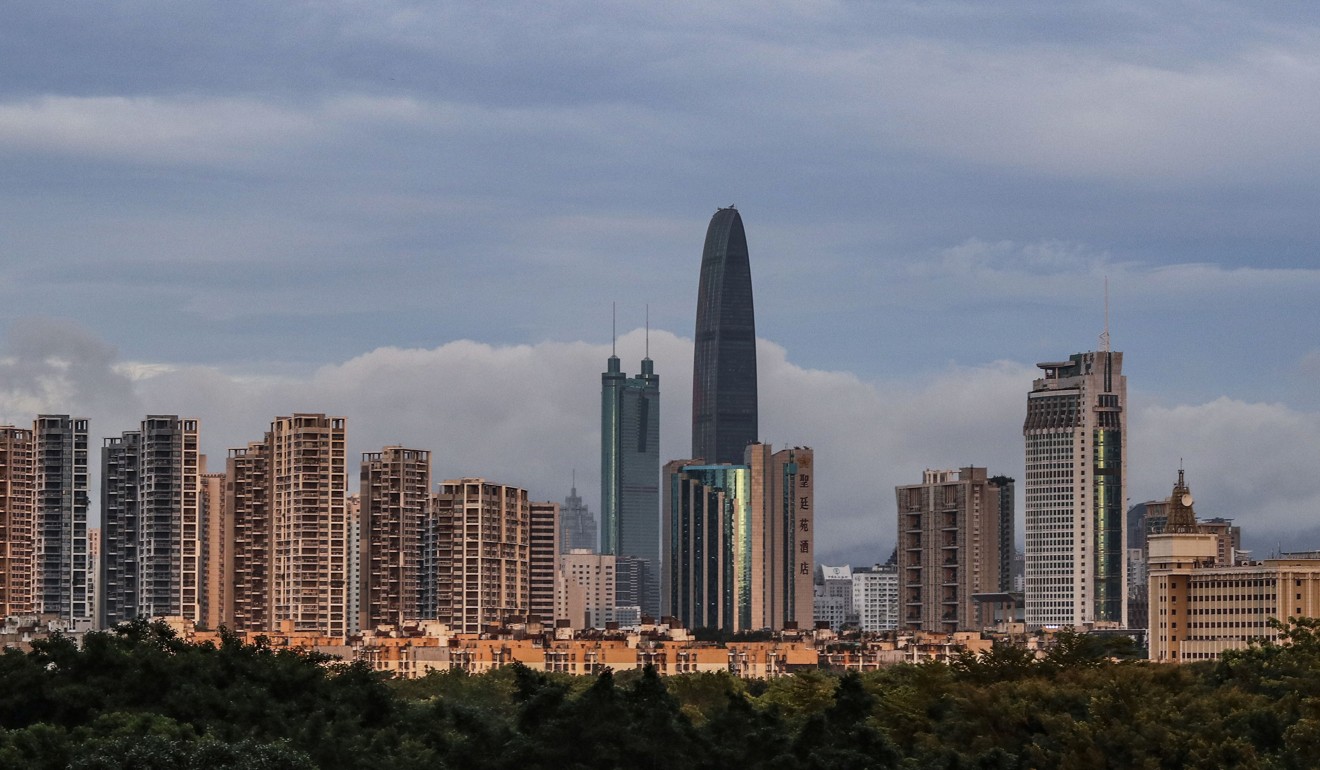
Hong Kong graduates of mainland universities are flocking to the Greater Bay Area – with 60 per cent working there or planning to
- Survey finds 60 per cent of Hong Kong graduates of mainland universities were working in the Greater Bay Area – or intend to
- Median monthly salary on the mainland is HK$9,694, compared with HK$17,320 in Hong Kong
A survey has found that 60 per cent of Hong Kong graduates of mainland universities were either already working in the Greater Bay Area – or intend to – even though salaries on the mainland are about half that of Hong Kong.
Nine per cent said they would consider moving to mainland Greater Bay Area cities in the next year, while another 32 per cent said they would consider relocating there in the next one to three years.
Forty-six per cent of the respondents said they were currently living in Hong Kong, while about 52 per cent said they were living on the mainland.

Of the mainland cities in the Greater Bay Area, Shenzhen had the most appeal. Eight per cent of those polled said they were living there, and 16 per cent said they were likely to be there for work or study in the next five years.
The median monthly salary for the Hong Kong graduates working on the mainland was RMB8,240 (HK$9,694). The median salary in Hong Kong was HK$17,320 (US$2,207) – or 1.8 times that of the median on the mainland.
Henry Ho Kin-chung, chairman of the OCTS Youth Forum, conceded that salaries are lower on the mainland. He said, however, that disposable income might be about the same in both places if expenses and accommodation were factored in.
Which city within the Greater Bay Area should Hong Kong’s residents consider for real estate investment?
“For example, in Panyu in Guangzhou, you can rent a two-room flat for about RMB2,000 (HK$2,353), but in Hong Kong, just a small flat in City One in Sha Tin could cost between HK$14,000 and HK$15,000,” he said.
Yuan Sin-pang, the chief executive of Guangzhou Panyu Mama Liangpin Catering Management, has lived on the mainland for 11 years. He said the low cost of living benefitted him greatly.
“For example, I can get a meal for RMB5 (HK$6), this is a precious resource for entrepreneurs like me,” said Yuan, a 30-year-old Jinan University graduate now based in Guangzhou.
He said he only paid RMB400 (HK$471) a month for rent.

